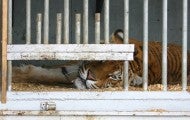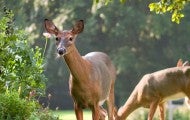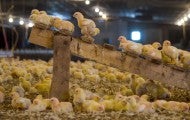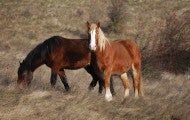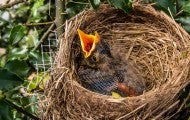As monarch butterflies and hummingbirds headed south this fall, I dreamt of following my favorite snowbirds to Mexico and Central America. But I stayed home instead, where I have a window onto the spectacular world of winter wildlife: northern flickers tossing maple leaves with their beaks in search...
In March, as people struggled to understand how the precursor of the virus that causes COVID-19 emerged from horseshoe bats in southern China and reached humans in the central city of Wuhan, Humane Society International policy specialist Peter Li fielded one question again and again: “Why do Chinese...
Do your homework So you’ve decided to add a new pet to your family. First, you should answer some questions: What kind of pet will be the best fit for your household? Do you have enough time to devote to the daily needs of a dog? Is there someone in your household who is allergic? What about a non...
Many people enjoy the booming sounds and flashing colors of fireworks, but they can be terrifying, overwhelming and hazardous for both wild and domestic animals. On the Fourth of July, many animals become so frightened by the noise and commotion of fireworks that they run from otherwise familiar...






